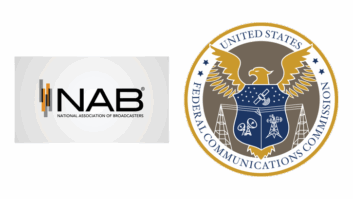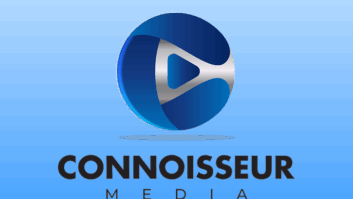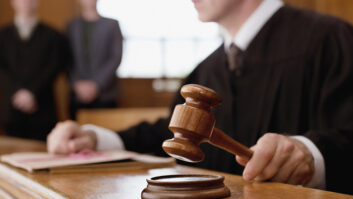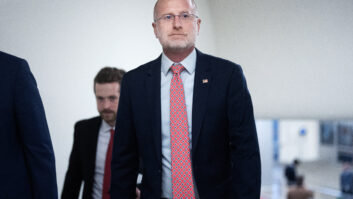
Both iBiquity Digital Corp. and NAB oppose a full commission review of the FCC’s Media Bureau order allowing the FM IBOC power increase. They have asked the commission to dismiss the objections.
Previously, I told you about five applications for review and one petition for reconsideration that were filed.
In comments to the commission this week, iBiquity said the petitions for reconsideration and applications for review failed to demonstrate a “procedural error, erroneous fact finding or conflict with past FCC precedent” that would warrant reversing the order, which allows most FMs to raise digital power by 6 dB, to 14 dB below carrier.
According to iBiquity, the bureau’s decision allowing the increase was not arbitrary and capricious, as the Prometheus Radio Project argued in its opposition filed by the Media Access Project. IBiquity said the Media Bureau did not exceed its authority, as asserted by Jonathan Hardis.
The technology company argued that another opponent, WRBS(FM), Baltimore — whose own engineer, as iBiquity quoted from the station filing, characterizes it as “one of the worst (if not the worst) grandfathered short-spacing situations of any FM station in the country” — opposed the increase because it fears interference from WRBT(FM), Harrisburg, Pa.; iBiquity said WRBS presented no evidence that WRBT intends to raise digital power and the FCC should not base its rules on “outlier interference situations” such as this station pair or speculate about events that might occur.
Both iBiquity and NAB argue that the Media Bureau provided adequate opportunity for public comment on the NPR Labs Advanced IBOC Coverage and Compatibility Study and that the commission did not need to seek separate comment on the research. They noted that all comments to the docket on the study are available to the public. In its opposition filed earlier, NPR argued that further notice was not warranted to justify a more modest digital increase than originally proposed by most of the proponents.
NAB said “contrary” to what those who oppose the increase have said, the FCC “appropriately concluded, on the basis of a well-developed and lengthy record, that authorization of increased digital power for FM broadcasters of 6 dB and, in certain circumstances, of up to 10 dB was justified and important to the continued implementation of digital radio.”
The Media Bureau did not ignore the question of analog interference, NAB wrote, and decided, based on the entire record, “including many complaint-free higher power experimental operations,” that the digital increase was appropriate for all FMs” except super-powered Class Bs.







